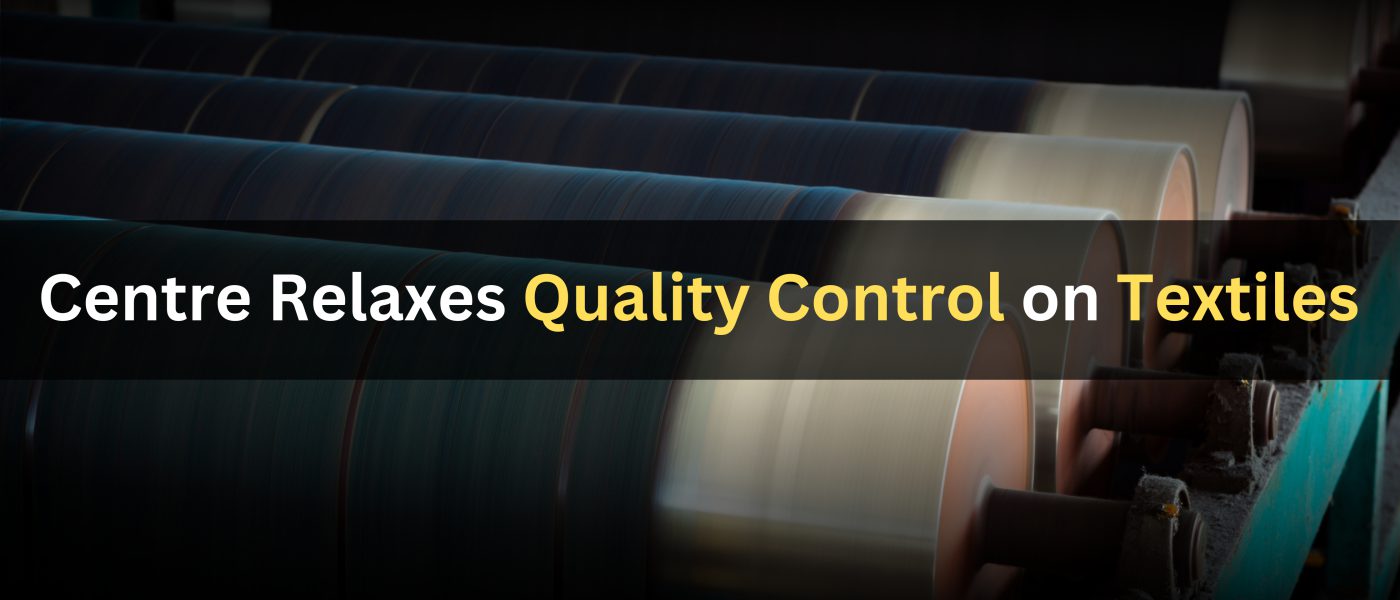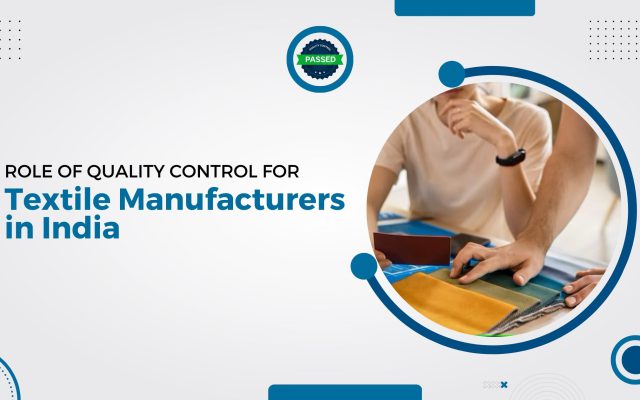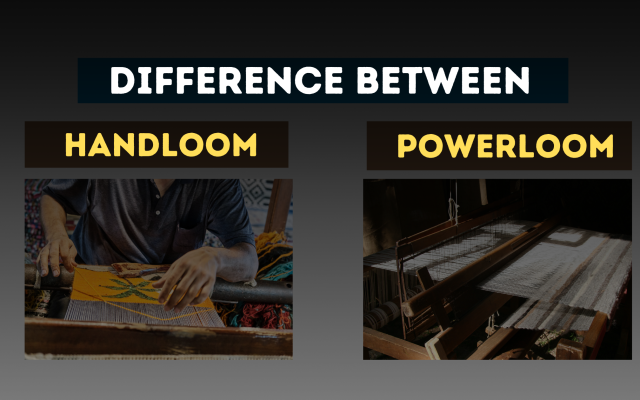Important news for textile companies in India: The government recently announced exemptions for inputs utilized in products earmarked for export from quality control orders (QCOs) issued by the Ministry of Steel. This relaxation, as outlined in a gazette notification, has been extended to QCOs issued by both the Department for Promotion of Industry and Internal Trade (DPIIT) and the Ministry of Textiles.
These adjustments were incorporated into the Foreign Trade Policy, 2023 by the Directorate General of Foreign Trade.
Under the quality control regime, manufacturers must secure prior approvals from the Bureau of Indian Standards (BIS) certifying compliance for the sale of regulated items within the domestic market. Importation of goods under the QCO regime is similarly restricted, with only pre-certified products granted entry into the country.
Furthermore, the Ministry of Textiles has issued QCOs covering a range of textiles, including geo, protective, agro, and medical textiles. So, manufacturers looking to trade silk, polyester, and cotton fabric online from India must adhere to the QCOs issued.
Quality Control Orders (QCOs) for Medical and Agro Textiles
The Union Ministry of Textiles has introduced Quality Control Orders (QCOs) for six medical-textile and twenty agro-textile products, scheduled to take effect on April 1, 2024. These QCOs are designed to regulate the technical textile industry, enhance and uphold quality standards for textile companies in India, and mitigate dumping, thereby safeguarding the environment, human health, and flora and fauna akin to developed nations.
This marks India’s inaugural Textile Technical QCO, dedicated to overseeing textile products, as stated in an official press release. Phase II of the QCO encompasses medical textile products such as sanitary napkins, medical textile shoe covers, and disposable baby diapers, along with agro products such asagro nets, textile water storage tanks, and harvest nets.
Self-help groups (SHGs) have been exempted from the Meditech QCOs, while Micro, Small, and Medium Enterprises (MSMEs) involved in the production of these goods will fall under the QCO’s purview starting October 1, 2024. These norms are applicable to both domestic and foreign manufacturers intending to export their products to India. This streamlines and authenticates the process of buying fabric online from India.
Furthermore, the Government of India (GOI) aims to regulate an additional 30 textile items in Phase III of the project, encompassing industrial textiles, building textiles, ropes, cordages, and manmade fiber textile products. BIS markings for these items will become effective 180 days after their publication in the Gazette, applying to both domestic and international textile sellers operating within India.
Bhadresh Dodhia, Chairman of the Synthetic and Rayon Textiles Export Promotion Council, emphasized in a press release the importance of exempting imports against the advance authorization scheme from Quality Control Orders (QCOs). Dodhia pointed out that QCOs for textiles have already exempted imports for re-export purposes. Similarly, raw materials imported against advance authorizations are crucial for manufacturing finished products intended for export. Dodhia noted that these imports are subject to the Actual User Condition and are non-transferable even upon fulfillment of the stipulated export obligation.
What is the Aim of the Textile Quality Control Orders?
The Indian textile industry stands as the country’s second-largest sector and ranks among the world’s largest. It relies on a mix of both imported and domestically sourced fibers and filaments.
Textile companies in India opt to import raw materials for various reasons, including cost competitiveness, unavailability in the domestic market, and meeting specific demands from international fabric buyers.
The implementation of Quality Control Orders (QCOs) primarily targets the regulation of imports, particularly aiming to curb the influx of cheaper textile products and substandard by-products, notably from China. This shall ensure that buyers receive materials of consistent quality, irrespective of their source—be it online or offline.
Online Fabric Store in India – Where to Trade Textiles
DMI Pvt. Ltd. is a leading global textile supplier and exporter, serving over 500 textile buyers, sellers, and manufacturers worldwide. Offering comprehensive solutions for all textile needs, DMI stands as a trusted partner in the industry.
TEXchange, a DMI initiative, offers a simplified B2B trading platform for griege products. For traditional solutions, partner with DMI; for digital import-export tools and online presence, register for free on TEXchange.




